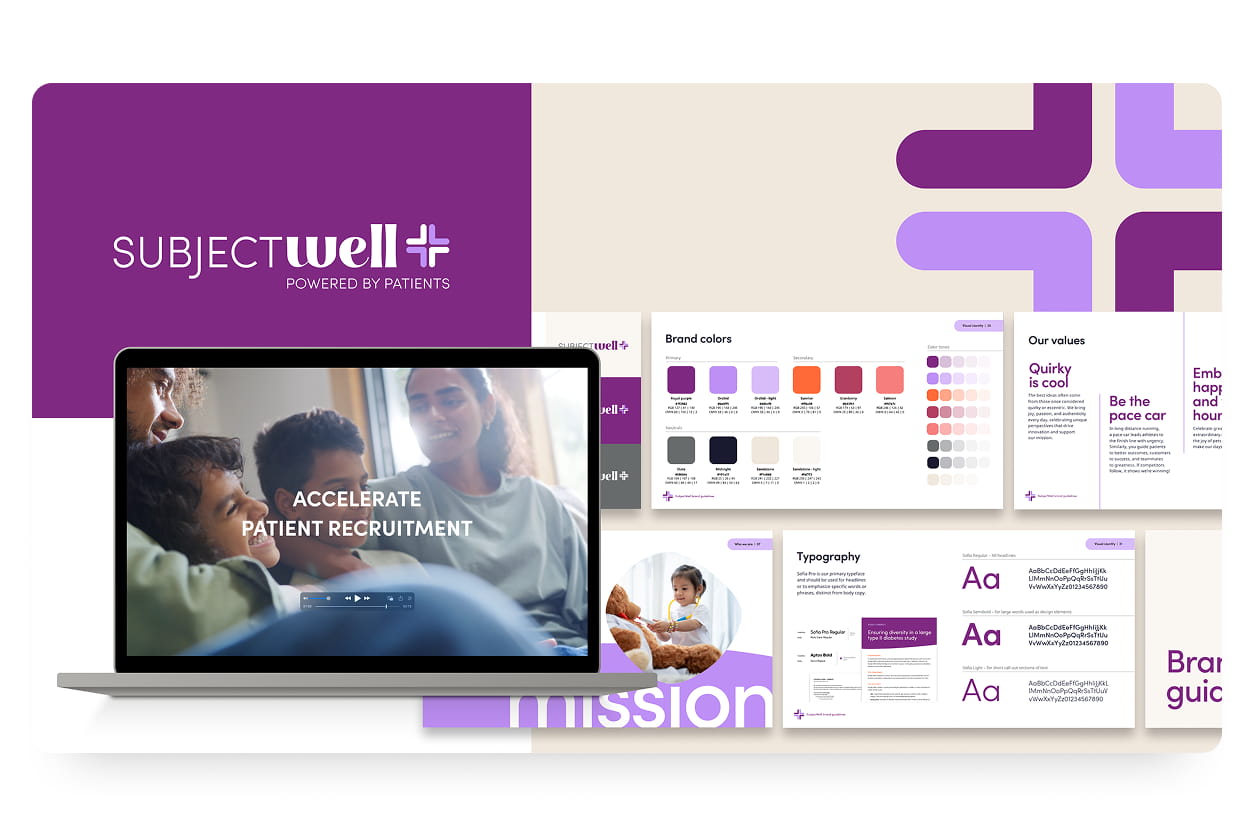
Digital pills and other mHealth technologies can improve patient adherence, reduce costs, and shorten enrollment timelines for clinical trials.
Issues surrounding patient recruitment and retention continue to plague clinical trials, which has caused drug development costs to skyrocket in recent years. Though sponsors and CROs have dedicated time, money, and energy to solving this problem, recruitment and retention remains one of most inefficient aspects of the clinical research process.
However, new mobile health, or mHealth, technology may be able to reduce some of these costs, specifically those associated with patient adherence. In November 2017, the FDA approved a digital pill that can signal when patients have ingested their medication. That information can then be transmitted to physicians and investigator site staff, enabling them to monitor patients’ adherence to a drug regimen over time. With enough investment, this technology could dramatically reduce retention costs and shorten enrollment timelines.
A New Pill for a New Age
The recently approved sensor system, called Abilify MyCite, is the result of a partnership between Otsuka Pharmaceutical and Proteus Digital Health. The system combines Abilify – a drug commonly used to treat schizophrenia and bipolar disorder – with a small silicon chip that activates in stomach acid. The chip sends a signal to a wearable sensor on the abdomen, which can then record the time the pill was taken, as well as the patient’s activity and stress levels at the point of ingestion. The sensor transmits this data over Bluetooth to a smartphone app, where patients can monitor their own adherence over time or send that information to their doctors.
Abilify MyCite also addresses several of the concerns that medical professionals generally have with mobile health and remote monitoring. Any data transmission between the sensor, the app, and the doctor’s office is encrypted, which protects patient information. Additionally, the short timeframe and range of transmission between the pill and the sensor makes hacking the chip’s signal nearly impossible. A system like this could easily adhere to HIPAA and other FDA regulations.
Improving Trial Adherence
FDA approval of technology like Abilify MyCite has huge implications for clinical trials going forward. Studies show that nearly 40% of patients enrolled in clinical trials become nonadherent after 150 days. Given that a day’s delay in drug development can result in $600,000 to $8 million in lost revenue, the benefits of mHealth technology cannot be overlooked.
Systems like Abilify MyCite can improve patient retention by making it easier to adhere to trial protocol and alerting sponsors and CROs when a participant has forgotten to take medication. The technology could also eliminate the need for certain follow-up visits, preventing site fatigue and conserving trial resources that can then be allocated to other areas.
As mHealth technology improves over time, clinical trials will uncover new opportunities to cut costs and shorten enrollment timelines. It’s important to remember that, when one element of the recruitment process is improved, the trial and the patients that depend on it reap the benefits.





